Misc. news stories
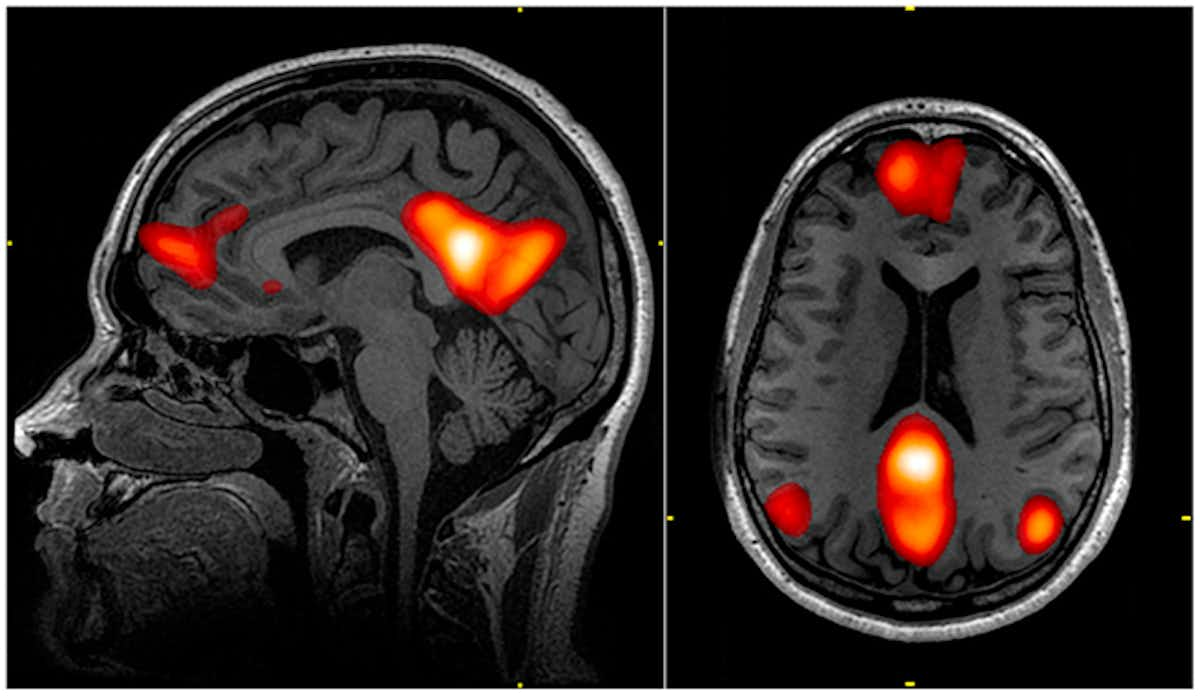
Two recent studies, published in The New England Journal of Medicine and Nature Medicine, have shed some light on this mysterious process.
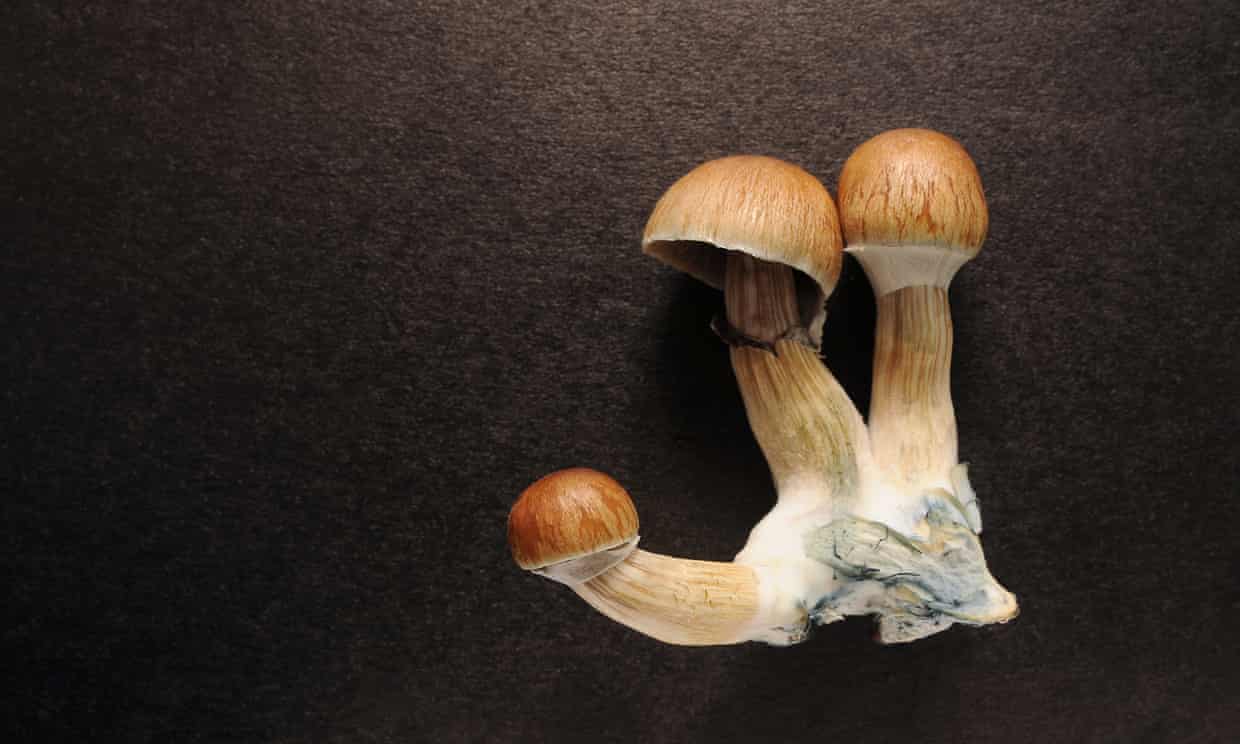
Startup Clerkenwell Health hopes to help make UK a world leader in psychedelics research.
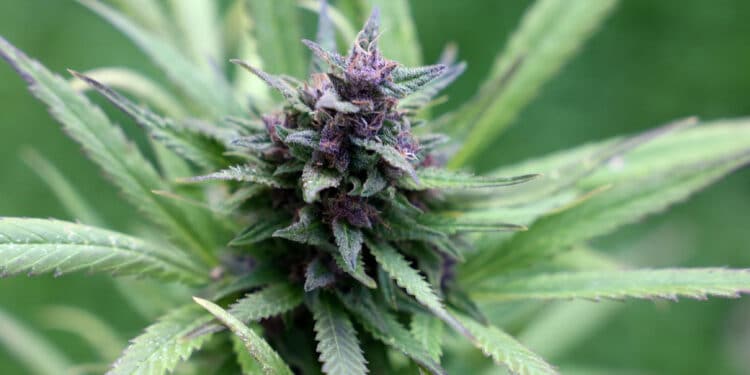
Psilocybin-assisted therapy has shown promise as a treatment for depression. New research published in Cannabis finds that cannabis users expected that cannabis-assisted therapy could produce similar subjective experiences and have similar therapeutic benefits for the treatment of depression as psilocybin-assisted treatment.
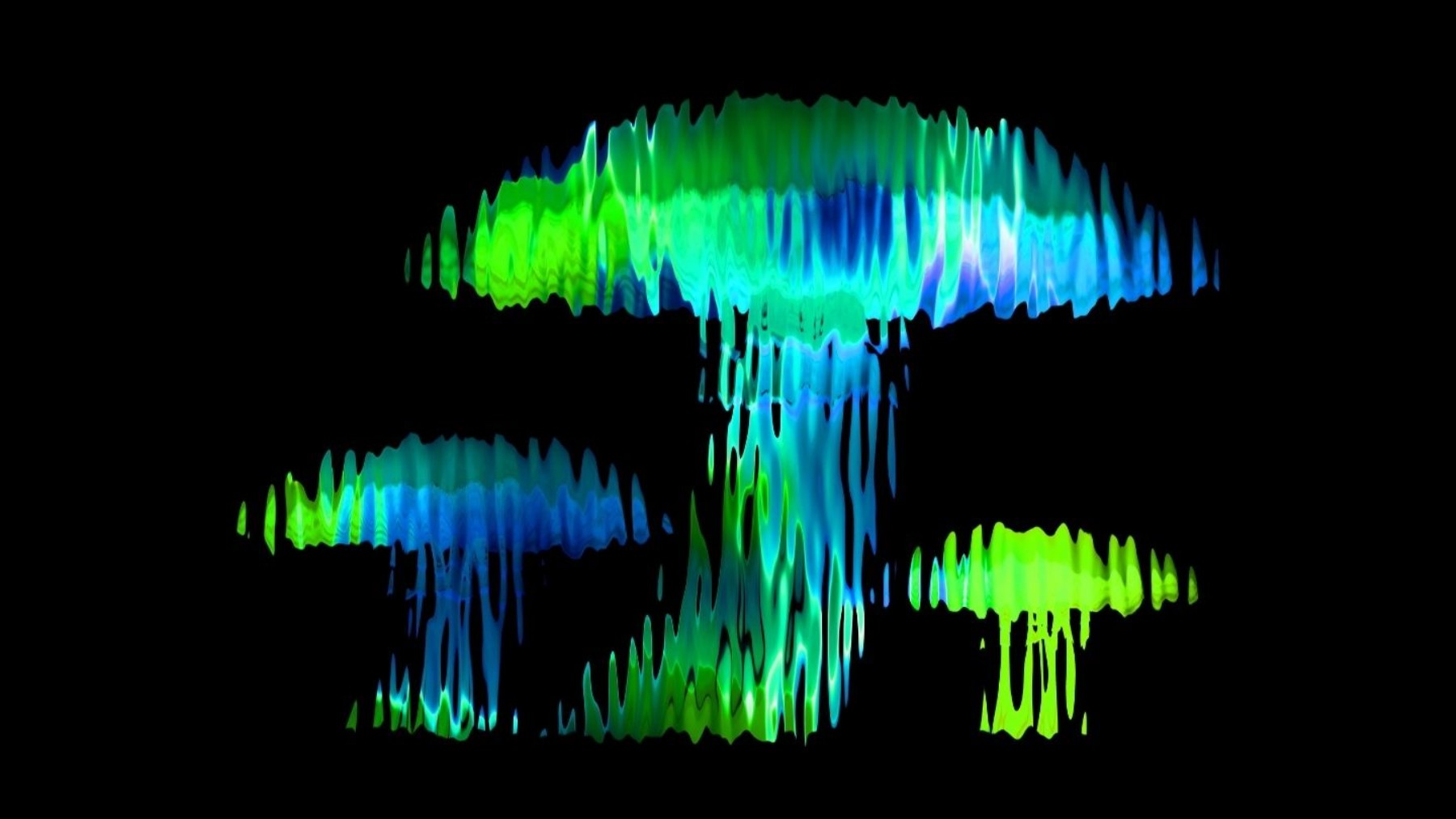
Pharmaceutical patents are used to extend monopolies, leading to high drug prices, and reduced access. Will the psychedelic industry follow suit?

A sweet smell wafts through the air, as two men weave through the small room tightly packed with cannabis plants, growing high above their shoulders in a flush of intoxicating flora. This isn’t yet another illegal weed factory but one of the first licensed medicinal marijuana labs in Britain.
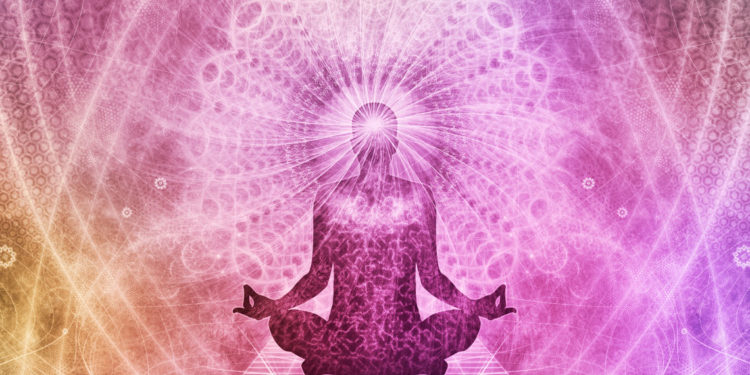
A new study has found a positive association between mindfulness practice, psychedelic use, and overall psychological wellbeing. The findings have been published in the Journal of Psychoactive Drugs.
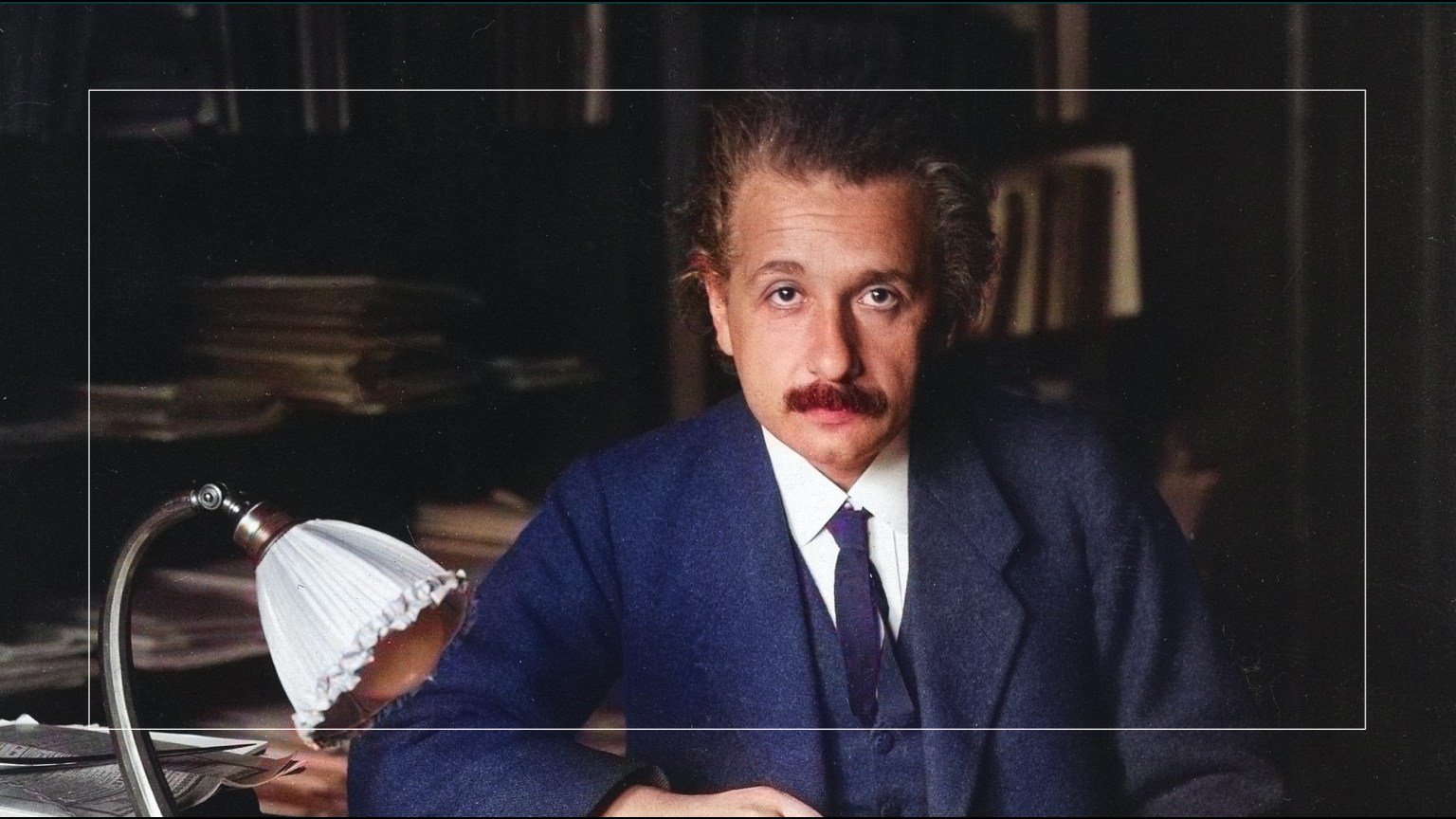
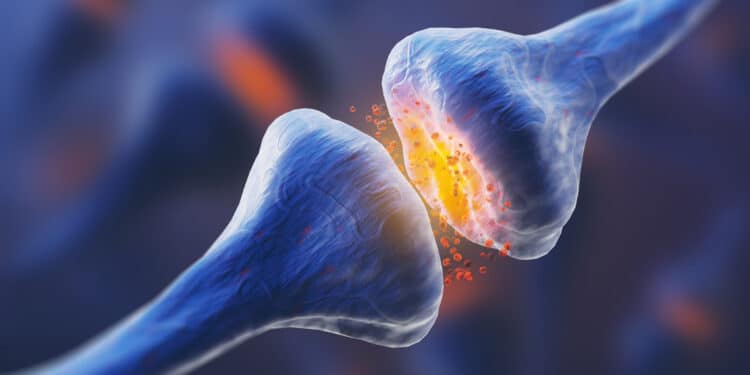
A new study has linked life satisfaction to the chemistry in our brains. People that release more of the neurochemical oxytocin are kinder to others and tend to be more satisfied with their lives.
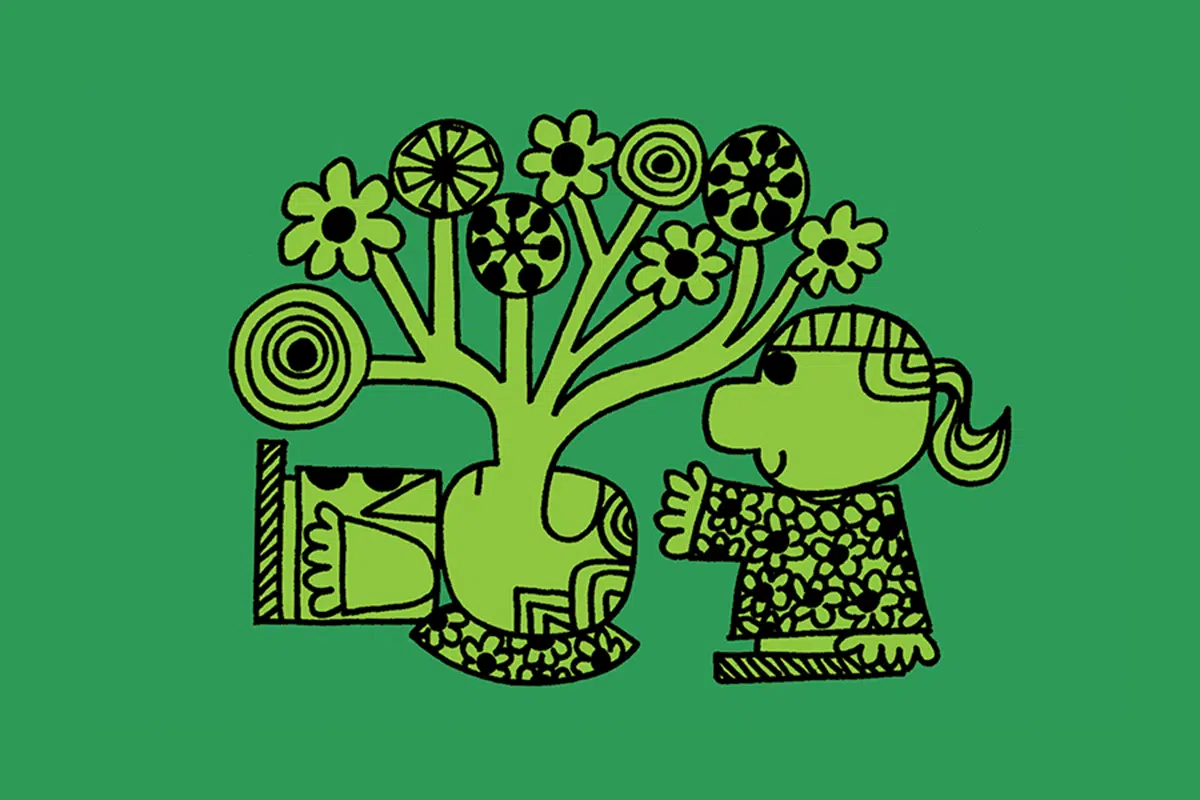
As a legal psychedelic industry nears, facilitators fight for their right to remain underground.
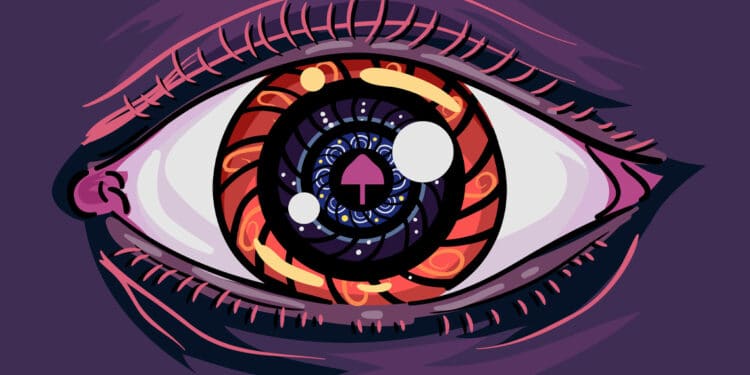
People with depressive symptoms appear to think it is relatively important that guides for psilocybin-assisted psychotherapy have personally used the psychedelic substance themselves, according to a new study published in the Journal of Psychoactive Drugs.
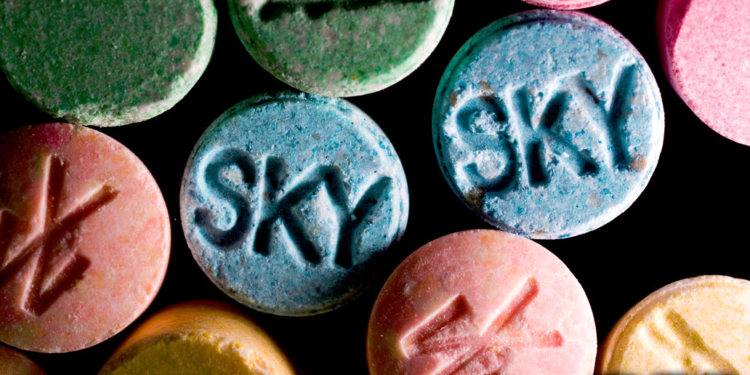
The drug MDMA (3,4-methylenedioxymethamphetamine) might not produce depressive “comedowns” when used in a controlled clinical setting, according to new research published in the Journal of Psychopharmacology.
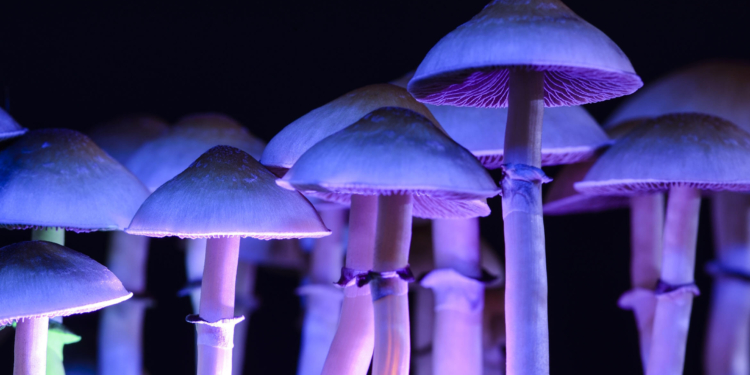
Psychedelic use has been proposed as a treatment for various substance use disorders, leading people to question if it would be an effective treatment for opioid abuse. A study published in Nature: Scientific Reports suggests that psilocybin use, but no other psychedelics, was linked to lower odds of opioid abuse.
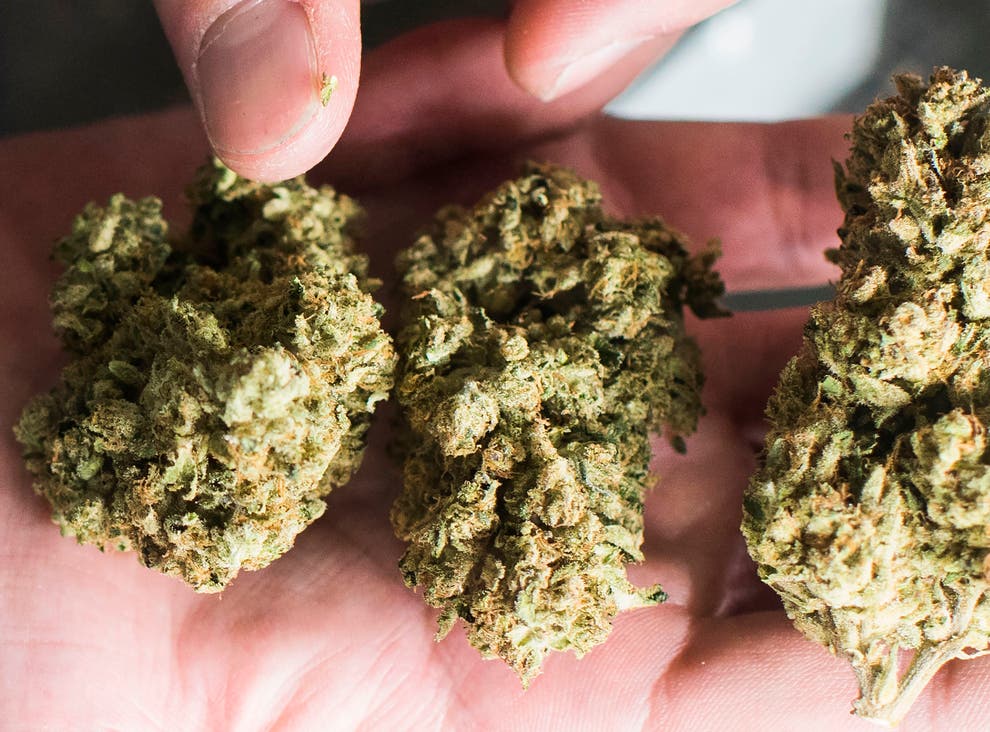
It’s high time we had a sensible conversation about cannabis reform. From Canada to Georgia, Mexico to Malta, countries around the world are changing their laws. But in the UK the substance continues to be banned. We are failing to keep up with global trends and new thinking.
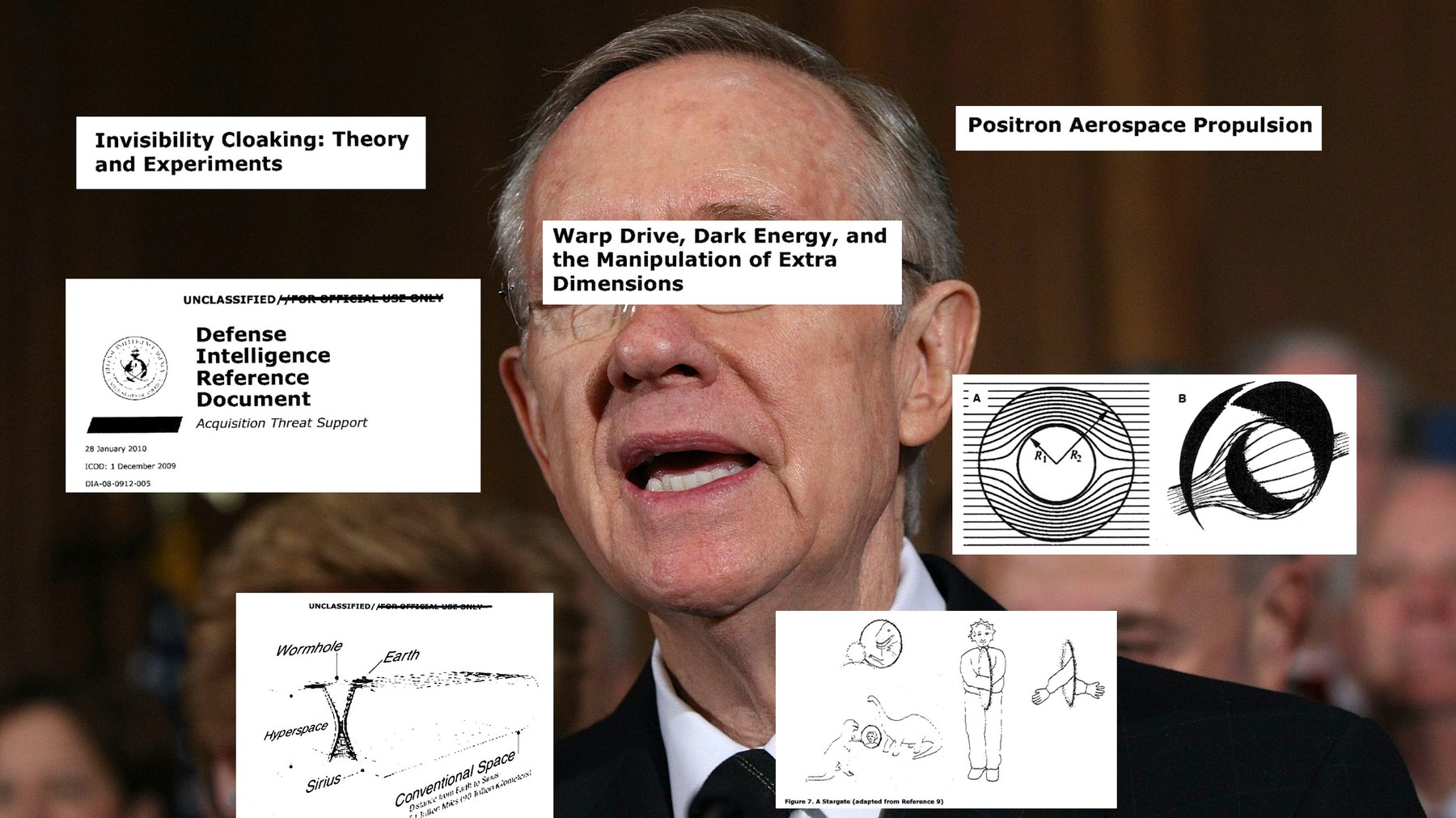
A tranche of documents released to Motherboard through FOIA show the research priorities of the secretive Advanced Aerospace Weapons Systems Application Program.
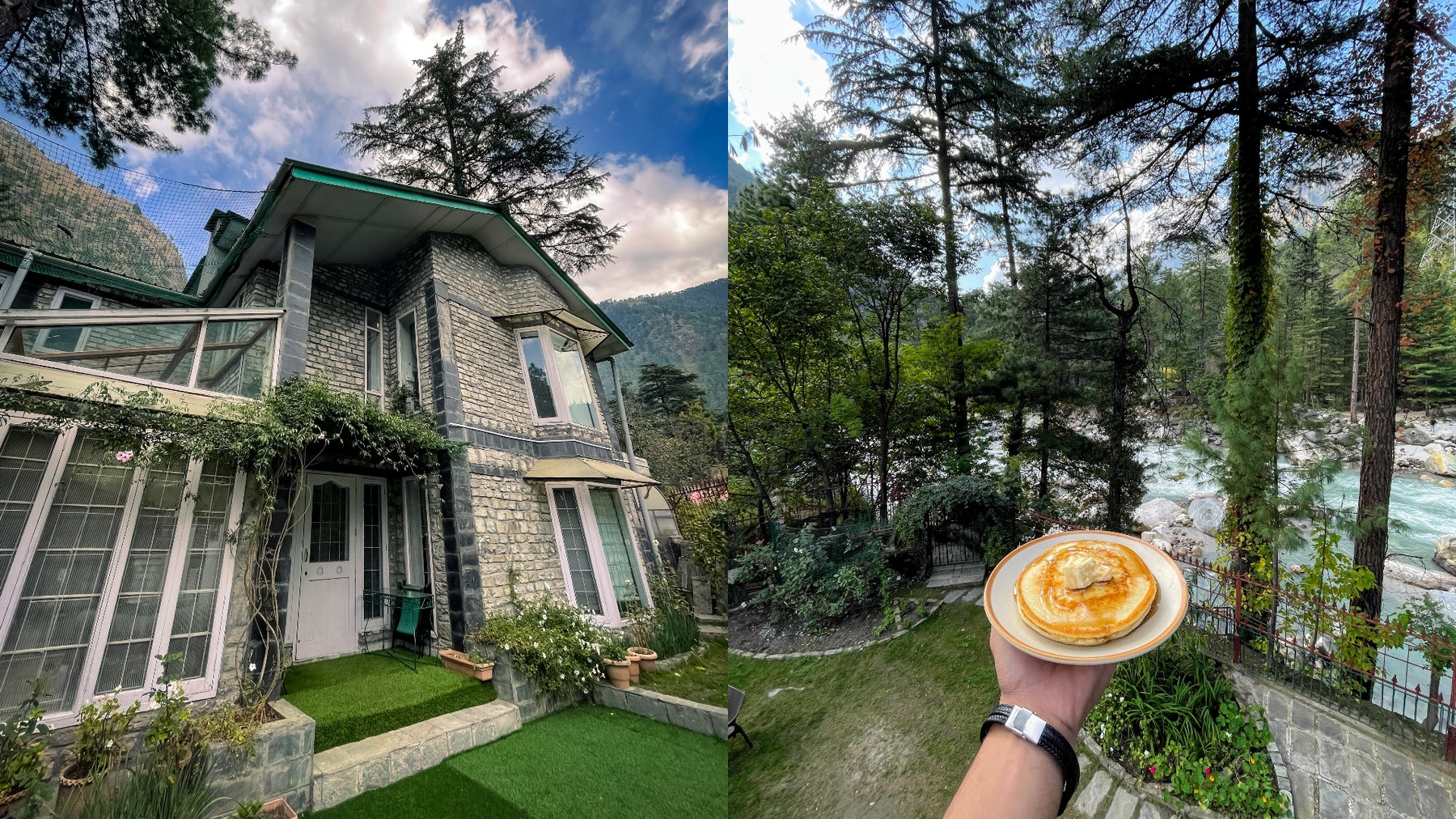
In a country with conflicting legal and social attitudes to marijuana, this idyllic cafe wants to break the stigma around the persecuted plant.

After a shock injury on a reef in Indonesia in 2018, he pushed into frontiers that athletes, let alone modern science, are only just beginning to explore.
Image from: Shalom Jacobovitz (Wiki Commons)








